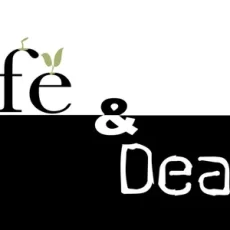A mind beyond judgments Watches and understands.
Don’t consider what is right and what is wrong, because if you consider what is right and what is wrong you will be divided, you will become a hypocrite. You will pretend the right and you will do the wrong. And the moment you consider what is right and what is wrong, you become attached, you become identified. You certainly become identified with the right.
For example, you see on the side of the road a hundred-dollar bill; it may have fallen from somebody’s pocket. Now the question arises: to take it or not take it? One part of you says, “It is perfectly right to take it. Nobody is looking, nobody will every suspect. And you are not stealing—it is just lying there! If you don’t take it, somebody else is going to take it anyway. So why miss it? It is perfectly right!”
But another part says, “This is wrong—this money does not belong to you, it is not yours. In a way, in an indirect way, it is stealing. You should inform the police, or if you don’t want to be bothered with it, then go ahead forget all about it. Don’t even look back. This is greed and greed is a sin.” Happy Ho organizes best Meditation and Tarot classes in Noida and Delhi NCR area in India.
Now, these two minds are there. One says, “It is right, take it,” the other says, “It is wrong, don’t take it.” With which mind are you going to identify yourself? You are certainly going to identify with the mind that says it is immoral, because that is more ego satisfying: “You are a moral person, you are not ordinary; anybody else would have taken the hundred-dollar bill. In such times of difficulty, people don’t think of such delicacies.” You will identify yourself with the moral mind. But there is every possibility you will take the money. You will identify yourself with the moral mind, and you will disidentify yourself from the mind that is going to take the money. You will condemn it deep down; you will say, “It is not right—it is the sinner in me, the lower part, the condemned part.” You will keep yourself aloof from it. You will say, “I was against it. It was my instinct, it was my unconscious, it was my body, it was my mind that persuaded me to do it; otherwise, I know that it was wrong. I am the one who knows that it was wrong.”
You always identify yourself with the right, the moralistic attitude, and you disidentify from the immoral act—although you do it! This is how hypocrisy arises.
To go beyond judgments of good and bad is the way of watchfulness. And it is through watchfulness that transformations happen. This is the difference between morality and awareness. Morality says, “Choose the right and reject the wrong. Choose the good and reject the bad.” Awareness says, “Simply watch both. Don’t choose at all. Remain in a choice less consciousness.”





